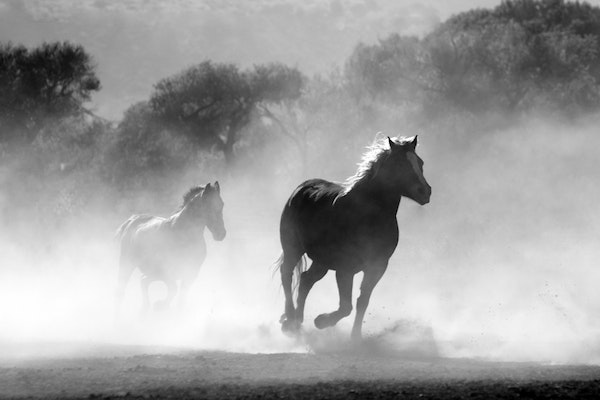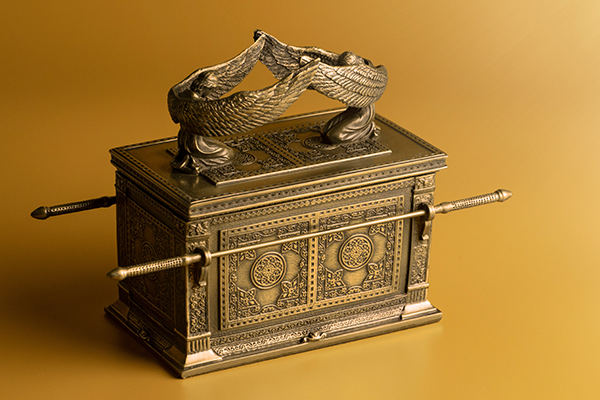
Building Autonomy
August 28, 2018Gratitude
September 14, 2018Learning to Ride Heaven’s Horses

In his book The Great Divorce, C. S. Lewis writes about a young man who is perpetually bothered by a red lizard that sits on his shoulder. The lizard ridicules the young man and thus incites him to act in ways that he later regrets. Lewis uses the lizard to represent the inner struggle that we all have with our sinful natures. The young man wants to get rid of the annoying lizard and asks God to help. An angel appears and offers to get rid of the infuriating little lizard. The young man is thrilled with the idea until he realizes what will be involved in the process. The angel will use fire to kill the lizard. The young man reacts in fear because he is afraid that he can’t take the heat necessary to destroy the lizard. He immediately attempts to negotiate with the angel. “Maybe it won’t be necessary to kill the lizard, maybe we can just wound him.” “Maybe another time would be better?” The angel firmly answers, “In this moment are all moments. Either you want the red lizard to live, or you do not.” As soon as the lizard sees the hesitancy of the young man, he begins to reason with him. Lewis writes:
‘Be careful,’ it said, ‘He can do what he says. He can kill me. One fatal word from you and he will. Then you’ll be without me forever and ever. It’s not natural. How could you live? You’ll only be a sort of a ghost, not a real man as you are now. He doesn’t understand. He’s only a cold, bloodless, abstract thing. It may be natural for him, but it’s not natural for us. I know there are no real pleasures, only dreams, but aren’t they better than nothing? I’ll be so good. I admit I’ve gone too far in the past, but I promise I won’t do it again. I’ll give you nothing but really nice dreams, all sweet and fresh and almost innocent…’
That young man with the red lizard clearly represents all of us because it is the same conversation we have with our own sinful natures. We are notorious to rationalize, “Just this time.” “It’s not that bad.” “How could it feel so good and be bad at the same time?” “God always forgives.” “I won’t let it go too far.” With similar words of compromise, we too refuse to let God’s fire kill the lizards in our lives.
Lewis ends the story about the lizard remarkably. Finally, the young man asks the angel to kill the lizard. The mighty angel grasps the lizard in his fiery hands and chokes it until it dies and falls to the ground. An amazing thing then happens. The moment it hits the ground, it turns into a mighty stallion. The young man is invited to get on it and ride it, which he does. C. S. Lewis says there was a song sang:
“The Master says to our master, come up. Share my rest and splendor till all natures that were your enemies become slaves to dance before you and backs for you to ride, and firmness for your feet to rest on.”
The message is clear and encouraging to us. What rules us now can, with God’s help, be overcome. What had been our master, we can master. Lewis wants us to know that when we kill the sin, the things that were so hard actually become excellent and enjoyable. I have seriously studied the family and marriage over the years. Research indicates that those with monogamous, faithful marriages experience greater sexual fulfillment than those who are promiscuous. Those who are committed to marriage stay committed to each other longer than those who are not. They experience greater emotional and sexual intimacy. How can that be? Life offers us fulfillment and contentment when we do it God’s way rather than our way. We were never meant to live with the sinful lizards of this world, but rather we were meant to ride heaven’s horses.



